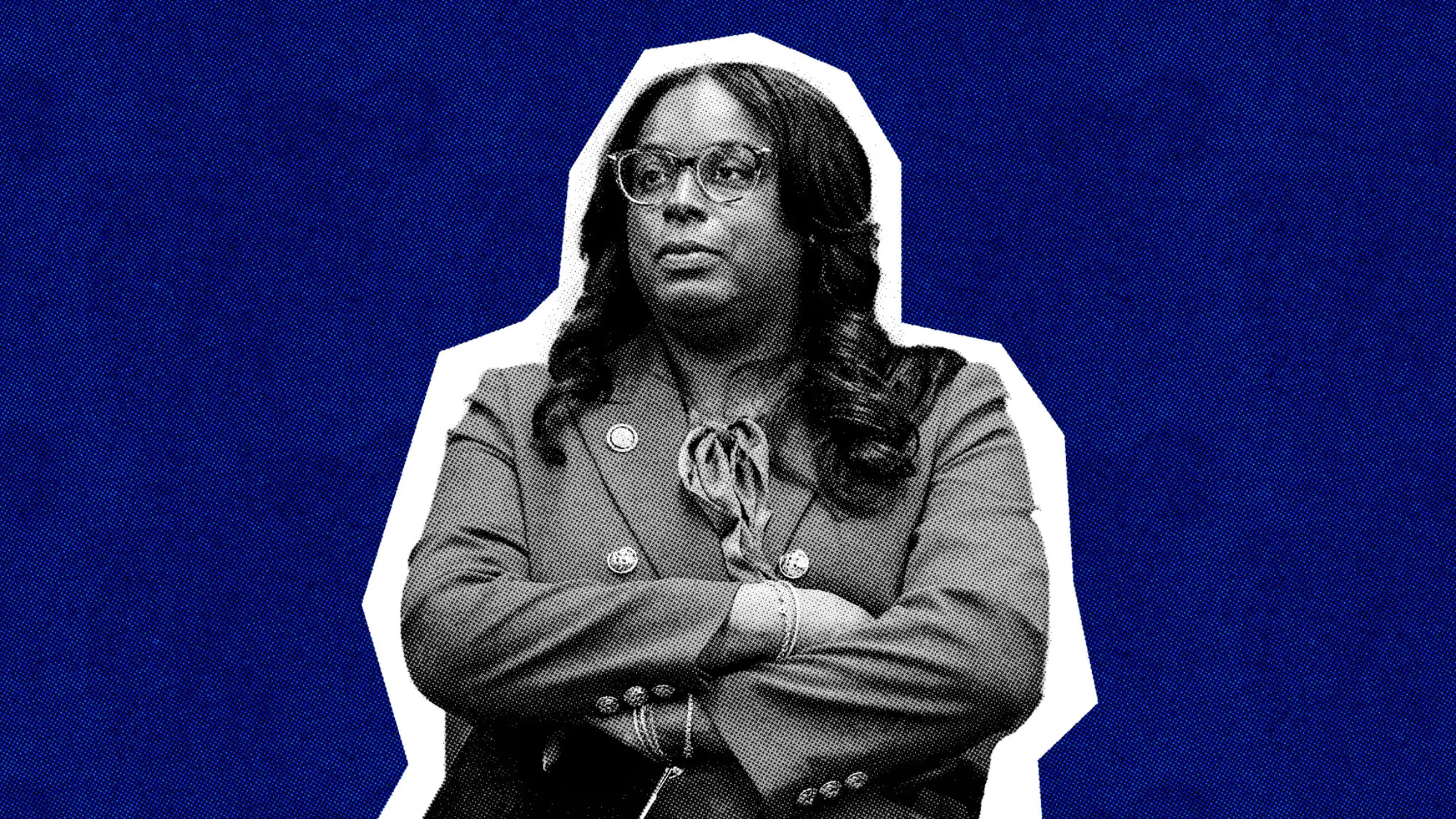Political Tensions Escalate as Congresswoman Faces Assault Charges
US Congresswoman LaMonica McIver Charged with Assault Outside Newark ICE Detention Center
In a significant development highlighting the ongoing tensions surrounding immigration enforcement in the United States, Democratic Congresswoman LaMonica McIver has been charged with two counts of assault following a confrontation with officers outside the Immigration and Customs Enforcement (ICE) detention center in Newark, New Jersey. The incident, which occurred during an oversight visit on May 9, 2025, has sparked widespread debate over the conduct of elected officials and the operations of immigration facilities.
The Incident: Oversight Visit Turns Confrontational
On May 9, 2025, Congresswoman McIver, accompanied by Newark Mayor Ras Baraka and other officials, visited the Delaney Hall ICE detention facility in Newark. The visit aimed to assess the conditions and operations of the center, which had recently reopened under the Trump administration. During the visit, tensions escalated, leading to a scuffle between the officials and ICE agents. Mayor Baraka was arrested during the altercation, and Congresswoman McIver was accused of pushing ICE agents with her forearms and attempting to prevent the mayor’s arrest.
Legal Proceedings: Charges and Political Implications
Federal authorities have charged Congresswoman McIver with two counts of assaulting, resisting, and impeding certain officers or employees. The formal complaint includes screenshots from body cameras worn by ICE officers, showing McIver in a bright red jacket amidst a crowd of politicians and law enforcement personnel. The charges were announced by Alina Habba, the interim U.S. attorney for the state and a former personal attorney to President Donald Trump. Habba also stated that her office would drop a trespassing case against Mayor Baraka.
Historical Context: Lawmakers and Legal Challenges
While it is uncommon for sitting members of Congress to face criminal charges, it is not unprecedented. Lawmakers have previously been charged with offenses such as fraud, bribery, and campaign finance violations. However, arrests during protests are typically symbolic and rarely result in criminal charges. Charging a member of Congress requires consultation or approval from the Department of Justice’s Public Integrity Section to maintain the credibility and public perception of the justice department, especially in politically sensitive cases.
Broader Implications: Immigration Policy and Oversight
The incident underscores the ongoing debates over immigration policy and the role of federal agencies in enforcing immigration laws. Federal law prohibits immigration officials from blocking access to detention facilities for members of Congress conducting oversight. The charges against Congresswoman McIver raise questions about the balance between ensuring security at detention centers and respecting the oversight responsibilities of elected officials. The case also highlights the political tensions surrounding immigration enforcement and the potential for confrontations between federal agents and local or state officials.
Conclusion: Awaiting Legal Outcomes and Policy Discussions
As the legal proceedings against Congresswoman McIver unfold, the case is likely to influence discussions on immigration policy, the conduct of elected officials, and the operations of federal detention facilities. The outcome may set precedents for how oversight visits are conducted and how conflicts between officials and federal agents are managed. Observers and stakeholders will be closely monitoring the developments, recognizing the case’s potential impact on future interactions between lawmakers and immigration enforcement agencies.
Subscribe to trusted news sites like USnewsSphere.com for continuous updates.
[USnewsSphere.com / bbc.]





